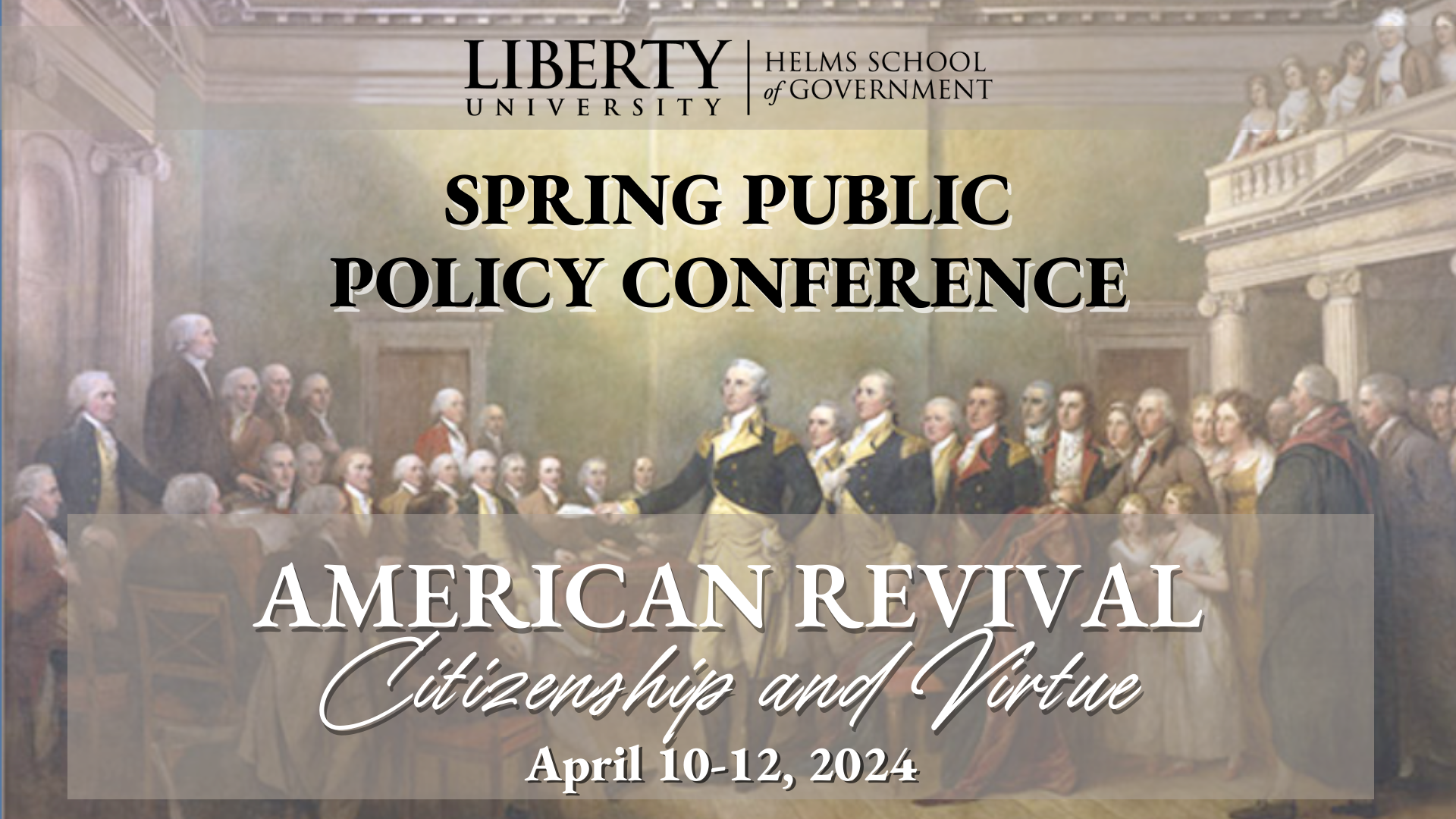Location
Freedom of Speech & Technology Challenges in a Digital Age
Level of Education
Doctoral
Secondary Session
Evaluating the Culture Wars
Keywords
social media, rights, influence
Presenter Names and Speeches.
Samuel Whatley, II
Abstract
The Internet is a double-edged sword because it provides easy access to information of both good and bad intentions. Censorship justifications under whoever deems something misinformation, provide little oversight on being a neutral public forum. For instance, the influence of elections by not covering a story and censoring opposing views does not promote the notion of being a neutral public forum. Artificial intelligence being applied to many technological applications have fueled the censorship machine. In some instances, artificial intelligence can generate stories to media sites (i.e., ChatGPT) with no verification of the details. From science fiction to science reality, taking someone’s voice and or face via deepfakes are possible through artificial intelligence. Video editing technology has developed rapidly over the course of a few decades which are then sent to social media platforms to influence the public. Staged events combined with technology creates a new form of deception or ruse. Generated images are not presently perfect to show its realism but it will likely correct those deficiencies in the near future. An explanation for the culture wars in the United States could be the widespread artificial intelligence generated information among other factors. The effects of this doctored information could be detrimental to legal cases during proceedings.
Final paper.
Included in
Constitutional Law Commons, Criminology and Criminal Justice Commons, Forensic Science and Technology Commons
Influences of Social Media
Freedom of Speech & Technology Challenges in a Digital Age
The Internet is a double-edged sword because it provides easy access to information of both good and bad intentions. Censorship justifications under whoever deems something misinformation, provide little oversight on being a neutral public forum. For instance, the influence of elections by not covering a story and censoring opposing views does not promote the notion of being a neutral public forum. Artificial intelligence being applied to many technological applications have fueled the censorship machine. In some instances, artificial intelligence can generate stories to media sites (i.e., ChatGPT) with no verification of the details. From science fiction to science reality, taking someone’s voice and or face via deepfakes are possible through artificial intelligence. Video editing technology has developed rapidly over the course of a few decades which are then sent to social media platforms to influence the public. Staged events combined with technology creates a new form of deception or ruse. Generated images are not presently perfect to show its realism but it will likely correct those deficiencies in the near future. An explanation for the culture wars in the United States could be the widespread artificial intelligence generated information among other factors. The effects of this doctored information could be detrimental to legal cases during proceedings.



